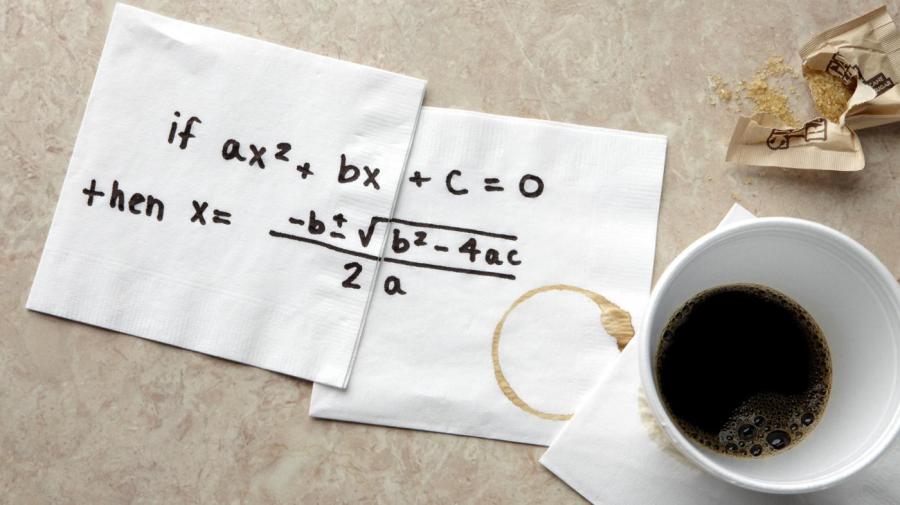What Are Some Fun Facts About Algebra?

One interesting fact about algebra is that the name originated from the Arabic word “al-jabr.” Its history began in ancient Egypt and Babylon. The Persian mathematician Muhammed ibn Musa Al-Khwarizmi is credited as one of the forefathers of algebra.
The precise meaning of the word “al-jabr” eludes historians, although most agree that it was closely related to the word meaning “restoration.” The word comes from a treatise written in 820 A.D. by Muhammed ibn Musa Al-Khwarizmi, which provided for the systematic solution of linear and quadratic equations.
Algebra did not always make use of the widespread symbolism that is ever-present in math as of 2014. It underwent three distinct stages that are known as “rhetorical algebra,” “syncopated algebra” and “symbolic algebra.” Algebra emerged as a branch of mathematics towards the end of the 16th century, with French mathematician Francois Viete as a driving force. He and his successors promoted the formalization of algebra, creating something known as the “new algebra” or “symbolic analysis.” It marked the start of algebraic formalization.
Algebra, in its most general form, is the study of symbols and the rules for manipulating symbols. The most basic parts of algebra are called “elementary algebra,” and the more abstract parts are called “abstract algebra” or “modern algebra.” A mathematician who does research in algebra is called an algebraist.





